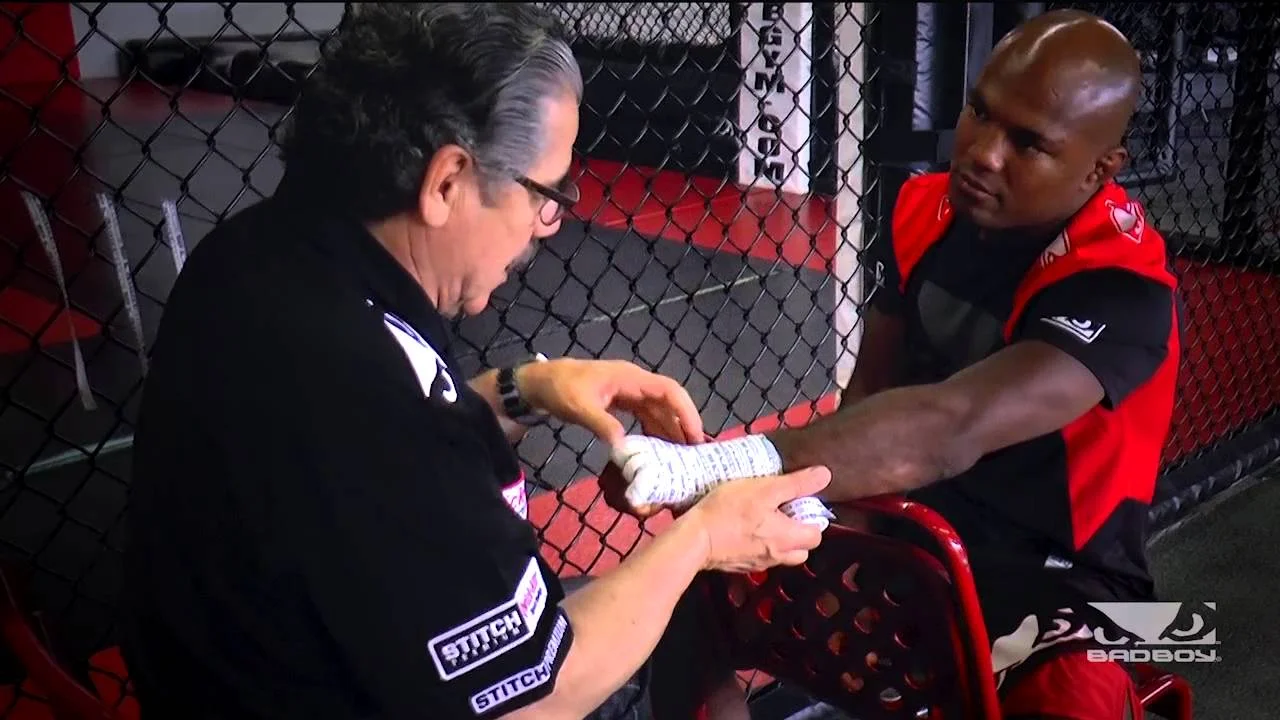THE BIGGEST BATTLE IS BEFORE THE FIGHT!
HOW DO YOU REACH THE CORRECT STATE OF MIND FOR COMPETITION?

Straight away some of you have an answer in your head, right? Well the answer isn’t the same for everyone - everyone is different and deals with stresses differently when preparing for a competition.
Some competitors may prefer their coaches to be all <shouting> ‘come on, you are the best, you rock, you are going to destroy them, you have to do this, you were born to do this, give it your all!’ and so on. Some may prefer calm, yet reassuring comments, more specific to technique and game plan. There are limitless approaches to this and ultimately it’s the battles going on in the fighter’s head, certainly for the first few competitions, which are the biggest. Some competitors don’t get past this stage and lose before they even step into the ring.

“Victorious warriors win first and then go to war, while defeated warriors go to war first and then seek to win”
― Sun Tzu, The Art of War
To ensure that you can win is by ensuring you are as fit as you can be, meaning quality training prep, particularly with regards to cardio. Fitness is often one of the biggest and most common causes of failure, so if you nail this, the rest will seem significantly more comfortable. The next is being realistic and honest with yourself; Ask yourself, "am I capable?" If the answer is yes, progress things further.
The next step is making that definition between the use of the 'should' and 'could' in the statements you make. How many times have you said to yourself 'I should win this' or 'I should have won that' or 'I should be able to lose weight'? Most people have found themselves saying this but actually 'could' is a much more positive and hopeful word to use. Using 'should' is putting unfair and unrealistic pressure on yourself. It really isn't helpful, and many neuropsychological and cognitive behavioural studies have shown this over the years.

So to say 'I could win this' shows that you are capable and more importantly that you are prepared to give 100%. Or if after a loss 'I could have won that' (providing you are being honest in your own assessment) shows that maybe you didn't give 100% and that next time you know how you can improve.

Maybe this comes as a surprise, but 100% IS AS MUCH AS YOU ARE ABLE TO GIVE!!!! Forget what you hear footballers say and the rubbish spoken on talent shows, you cannot do better than your best, FULL STOP!
Placing unfair pressure on yourself will potentially set you on the road to ruin, maybe not now but in the future. By all means give it your all, in fact, make sure you do, because win, lose or draw you will be satisfied that you put everything into it. Sometimes people are just better and eventual losses are pretty much inevitable and a reality of life, why would it be any different when competing?
Lack of fitness or strength or lack of technique or skill compared to your opponents are all areas that a competitor can choose to work at and improve on, and mental training and preparation will be the glue that holds it all together.
A great source for helping you to deal with mental preparation not only in competition but also in life generally, is a book called 'The Chimp Paradox', from a very well-respected and world renowned psychiatrist; Professor Steve Peters. Steve is a consultant to the British Cycling Team, Sky ProCycling, Liverpool Football club and UK athletics as well as working with other Olympic and non-Olympic sports. Both Chris Hoy and Victoria Pendleton say that Prof Steve Peters helped them to win gold. Ronnie O'Sullivan worked with Steve in the run up to his 4th and 5th World Snooker titles. It is well worth a read and considering the techniques he recommends.


